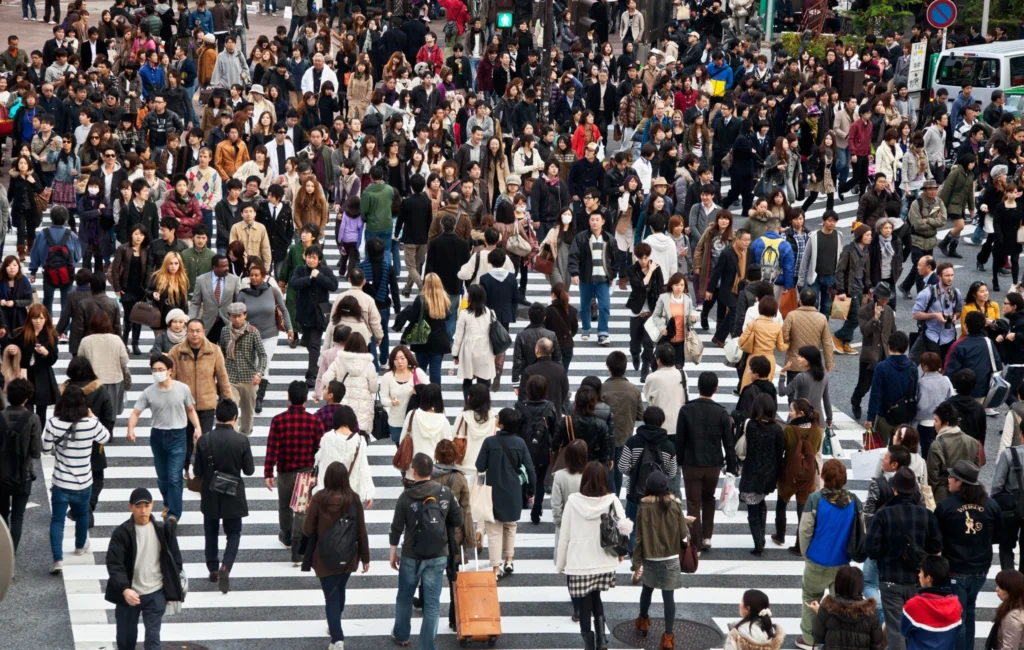The early 2000s were marked with the fear of a population explosion where we constantly were told that the world is overpopulated. Overpopulation made regular headlines and family planning was encouraged widely, sometimes even extremely.
Now, the tables seem to have turned and we hear fears of aging populations, a population collapse, and falling fertility rates. In Japan and Korea, we are seeing this become a reality and now countries like Russia are encouraging childbirth via banning “child-free propaganda,” while others are offering financial incentives to couples who have kids. In India, too, we see politicians encouraging people to have kids.

At the same time though, there are environmental concerns and rapidly approaching climate change, caused by human actions.
Which is why many are asking, are there too many people or too few? Some experts like Hannah Ritchie, PhD and Sabine Hossenfelder on YouTube, have turned to science and are against eco-facism or forcing people to have less kids for environmental reasons. Experts like Corey Brahshow, however, argue that we need to have one less kid each, and not exceed the replacement rate aka 2.1 births per woman.
But what if we are asking the wrong question?
What’s the right question?
There are two crucial terms here. Biocapacity and ecological footprint. Biocapacity is the amount of biological resources the planet can produce while ecological footprint is the demand of humanity on nature. When ecological footprint or human demand exceeds the Biocapacity of a place (and we share said Biocapacity with other species) we are in danger. While imports can manage this, you skew the equation enough and we are looking at ecosystems collapsing and resource scarcity.
Hence, the question is not whether there are too many or too few people. At least not from the environmental perspective but where there are enough resources for the people, which is why increasing population in low-impact households isn’t the threat many perceive it to be, as ClimateAdam points out in his video on the topic.
Also check:- The fastest growing job sectors in 2025
Maybe the question isn’t whether there are too many of us or too few but whether we are supporting parents, and ensuring that there is enough for everyone to have an adequate life without exceeding the natural resources we have or hurting ecosystems and biodiversity. Unfortunately that number too is hotly debated, but what we can take away from this is that while the population question remains nuanced, living a life where we have what adds value to us but don’t over consume regularly is the best choice for the planet. Stay tuned to NB news for the latest updates on the world.

